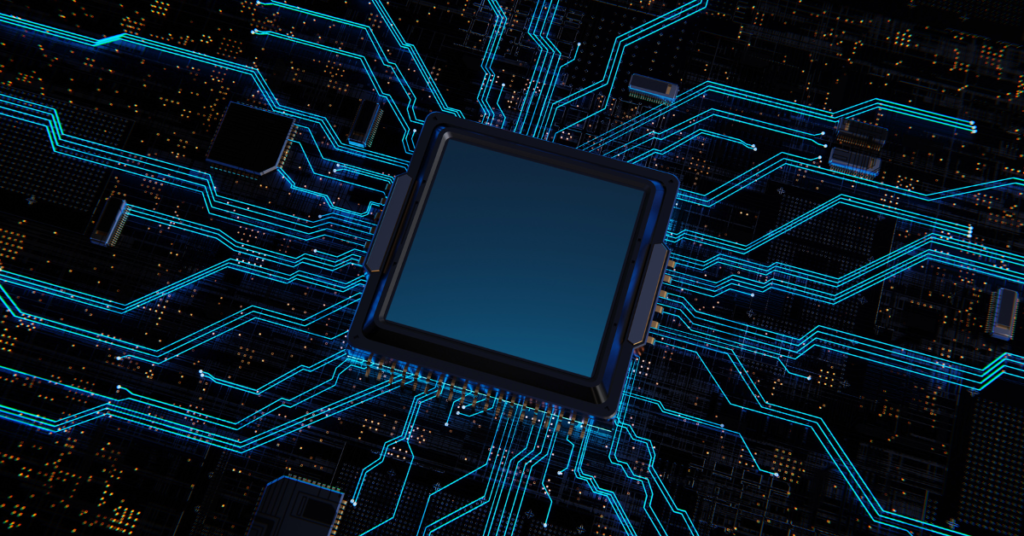In the rapidly evolving world of technology, few topics have captured the imagination and sparked as much debate as artificial intelligence (AI).
could machines one day surpass human intelligence?
They contend that while AI might excel in narrow domains, it lacks the depth of understanding, common sense reasoning, and self-awareness that characterize human cognition.
The debate over whether AI can truly replace human intelligence is multifaceted and complex, with compelling arguments on both sides.We will examine the ethical implications of advancing AI technologies.
Ultimately, the goal is not to pit AI against human intelligence in a zero-sum game but rather to understand how we can harness the power of both to create a future that is more prosperous, efficient, and enriching for humanity.
So, join us on this journey as we navigate the complexities of this fascinating debate and uncover the potential for a harmonious coexistence between artificial and human intelligence.
Understanding Artificial Intelligence and Human Intelligence

To truly grasp the debate surrounding the potential of artificial intelligence (AI) to replace human intelligence, we must first develop a clear understanding of what each entails. While the term “AI” is often used broadly, it encompasses a wide range of technologies and capabilities. Similarly, human intelligence is a complex and multifaceted phenomenon that extends far beyond mere cognitive abilities.
1. What is Artificial Intelligence?
Artificial Intelligence refers to the capability of machines to mimic human-like intelligence, such as learning, problem-solving, reasoning, and perceiving. However, AI is not a monolithic concept; it encompasses various types and levels of intelligence.
Types of AI:
- Narrow AI (or weak AI): This type of AI is designed to excel at specific, narrowly defined tasks.
- General AI (or strong AI): Often referred to as “true AI,” general AI would possess human-like intelligence and the ability to reason, learn, and solve problems across a wide range of domains, much like the human mind.
- Superintelligent AI: This hypothetical form of AI would surpass human intelligence in virtually every domain, including creativity, general wisdom, and problem-solving skills.
Currently, the majority of AI systems fall into the category of narrow AI, excelling at specific tasks but lacking the general intelligence and adaptability of the human mind.
Current Capabilities and Applications of AI:
AI technologies are already being applied in various domains, including:
- Natural Language Processing (NLP): Enabling machines to understand, interpret, and generate human language (e.g., virtual assistants, language translation).
- Computer Vision: Allowing machines to analyze and interpret visual data (e.g., facial recognition, self-driving cars).
- Predictive Analytics: Using machine learning algorithms to identify patterns and make predictions based on data (e.g., fraud detection, recommendation systems).
- Robotics: Integrating AI with physical systems to automate tasks and improve efficiency (e.g., industrial robots, surgical robots).
2. What is Human Intelligence?
Human intelligence is a multidimensional concept that encompasses various cognitive abilities, emotional capacities, and social skills.
Cognitive Abilities:
- Reasoning: The ability to think logically, draw conclusions, and solve problems.
- Learning and Adaptation: Acquiring new knowledge, skills, and behaviors, and adapting to changing environments.
- Memory and Recall: Encoding, storing, and retrieving information from long-term and short-term memory.
- Attention and Focus: Selectively concentrating on relevant information while filtering out distractions.
Unique Human Capabilities:
- Emotional Intelligence: Understanding, expressing, and regulating emotions, as well as recognizing and responding to the emotions of others.
- Moral Reasoning: The capacity to make ethical judgments, consider the consequences of actions, and weigh competing values and principles.
It is this combination of cognitive prowess, emotional depth, and social awareness that makes human intelligence truly remarkable and sets it apart from even the most advanced AI systems.
To fully understand the relationship between AI and human intelligence, we must delve deeper into their respective strengths, limitations, and potential for complementary.
Strengths and Limitations of AI
As we dive deeper into the debate surrounding AI’s potential to match or surpass human intelligence, it’s crucial to understand the unique strengths and limitations of artificial intelligence systems.


